Your Acne Diet Guide
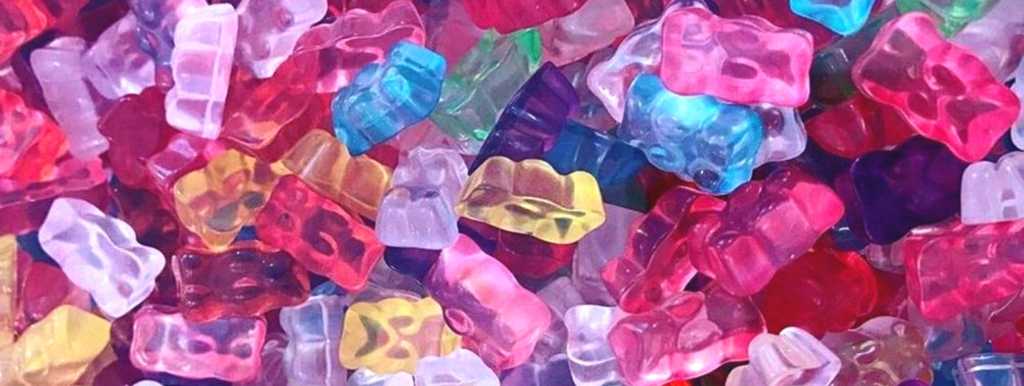
Acne can be quite frustrating to treat but with the right nutrition, this Acne Diet Guide can help you improve your skin inside out. Your diet has a huge impact on your skin for better or for worse. That odd pimple after pizza night with the girls? Or the breakouts after chucking down a jar of ice cream during binge-watching your favourite TV show? Yes, sounds all too familiar.
But you have to realize that acne is much more complex than a simple food trigger.
Stress levels, correct make-up & de-makeup, sunscreen, moisturizer and cleanser, everything you also topically apply comes into play. Finding the correct combination of all these factors for your skin is the foundation for beautiful, healthy skin.
As you see, the cause and form of acne can be very different for everyone and should always be treated in collaboration with a great dermatologist or your aesthetician of trust, as some things are better consulted in person to understand if there is an underlying medical condition.
So let’s try to get one potential trigger out of the way and see what an Acne Diet can be based on.
Eat Anti-Inflammatory
Great foods to look out for while taking your food tolerances into consideration are the following.
- Whole grains
- Legumes
- Unprocessed fruits and vegetables
Great support to reduce inflammation in the body = skin
- Zinc
- Vitamin A and E
- Antioxidants
These can be found with other healthy vitamins and minerals in your most colourful food choices.
- Yellow and orange fruits and vegetables such as carrots, apricots and sweet potatoes
- Spinach and other dark leafy greens
- Tomatoes
- Berries
- Brown rice
- Quinoa
- Turkey
- Pumpkin seeds
- Lentils and Beans
- Fatty kinds of fish like salmon
- Nuts
Avoid these in your Acne Diet
Avoid these foods for 2 weeks, and see if you notice a difference in your skin, skin texture and its healing abilities.
- Dairy
Milk
Cheese
Ice cream
Chocolate (I know it’s tough)
Cow’s milk can spike blood sugar, which can increase inflammation. You simply don’t want inflammation in your body to happen as this can lead to acne and pimples.
- Sugar
Bread, crackers, cereal or desserts made with white flour
Pasta
White rice & rice noodles
Sodas and other sugar-sweetened beverages
Cane sugar
Maple syrup
Honey or Agave
All these sweeties, natural or not do still count as sugar in your body and spike your blood sugar levels. Within just a couple of hours later, you could already have a new friend greeting you on your cheek. - Alcohol
Liquor
Beer
Spirits
Any kind of alcohol should be avoided to reduce inflammation in your body.
Especially your gut and liver will appreciate it if you go alc-free for a hot minute. You will see that even the redness of your skin will reduce drastically when cutting out alcohol or keeping it to an absolute minimum.
- Foods that are highly glycemic (Quickly digested and blood sugar spiking)
White bread
Processed breakfast cereals
Potato chips
Cookies & cakes
Low glycemic-index foods instead, like vegetables, whole grains, potatoes, and most fruits are amazing. Processed foods are usually combined with nasties which can cause further inflammation in your body.
Consult your Doctor
Under your doctor’s supervision, it can be helpful to experiment with your Acne Diet to see what works best for you in collaboration with a great skincare regime. You could benefit over time from your healthy body leading to healthy skin. This is especially crucial to do when you have an underlying medical condition or food intolerances to get future troubles right out of the way while trying to implement a more healing diet that can benefit your breakouts.
A reminder
What is bad for your teeth will also be bad for your skin and overall health, Sugar.
If you struggle with acne and can’t combat it no matter what, try to cut out excessive consumption of chocolate, candies and other sweets for a while and see if this will impact your skin and even contribute to faster healing of recurring inflammation.

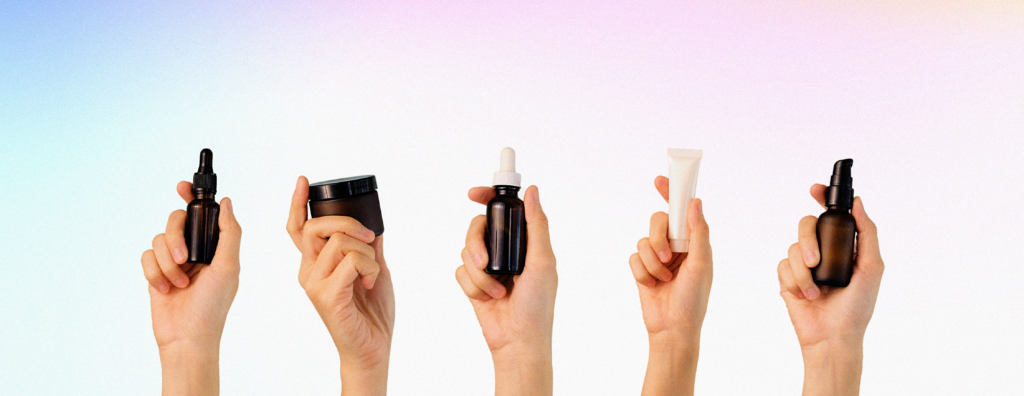
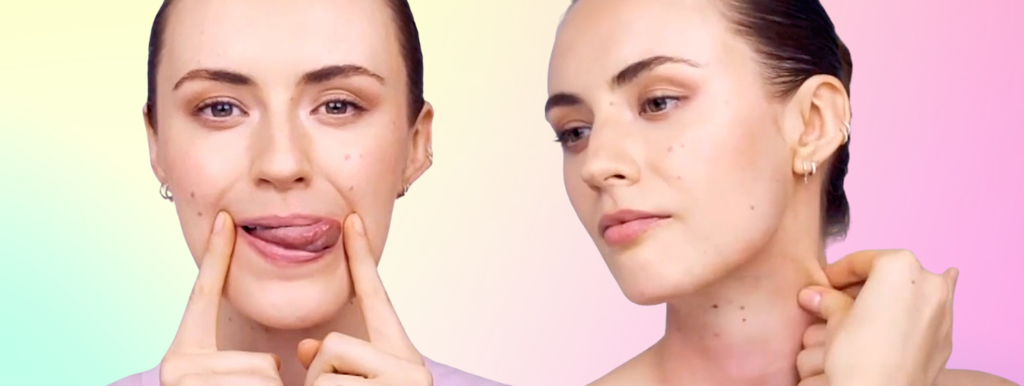
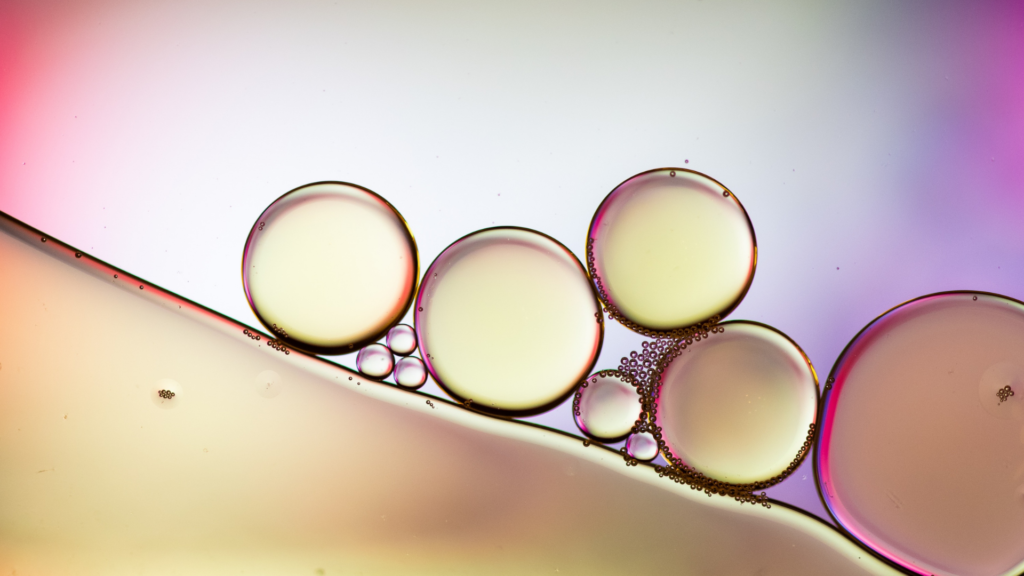

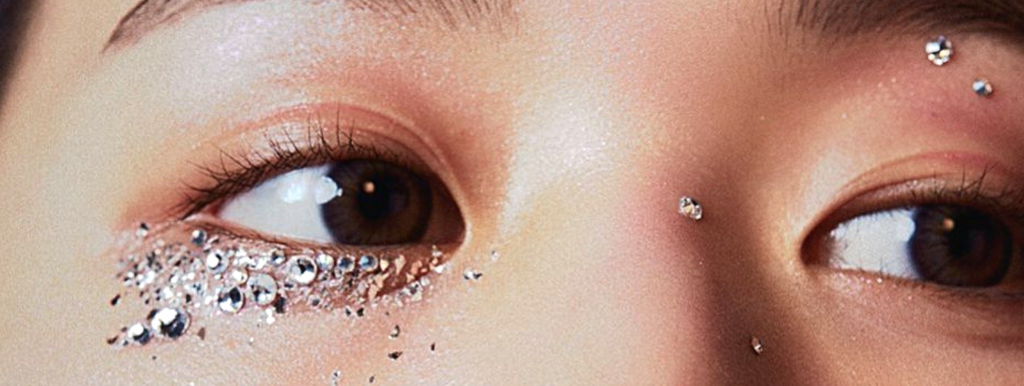
Responses